https://www.youtube.com/watch?v=LH1bewTg-P4
How to Win by Daniel Gross
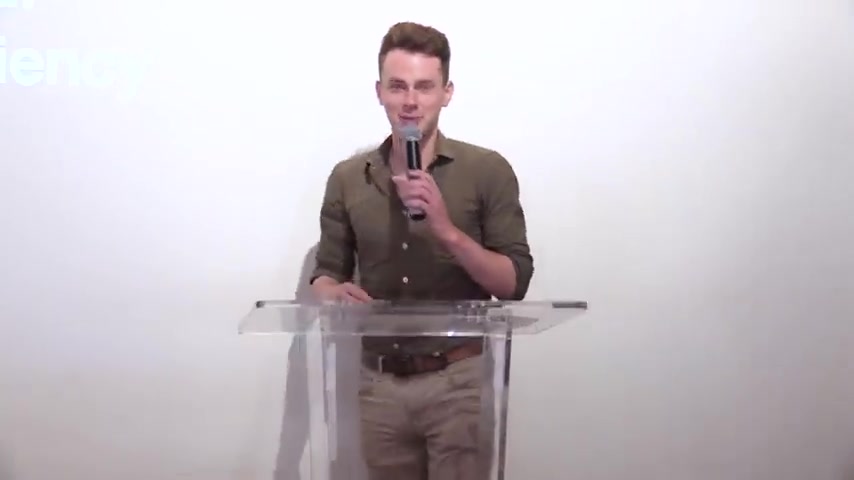
The next speaker , Daniel Gross is a former Y C founder and uh Y C partner and he is going to tell you some really important things about staying sane and healthy and whole while you're doing this incredibly hard thing that is being a startup founder .
So Daniel , thank you .
Thank you , Jeff .
All right .
Hello , sorry .
Uh We're running a little behind today .
It is my fault if any of you are working on carrying traffic .
Um I suggest you get to it a little bit faster .
So this was the original title of the talk .
Um In hindsight , it's kind of a terrible title .
Um So we're gonna remove it .
This is actually what I want to talk about today .
Uh I think everyone here fundamentally is playing a game and you want to win that game , uh whatever , whatever project you're working on .
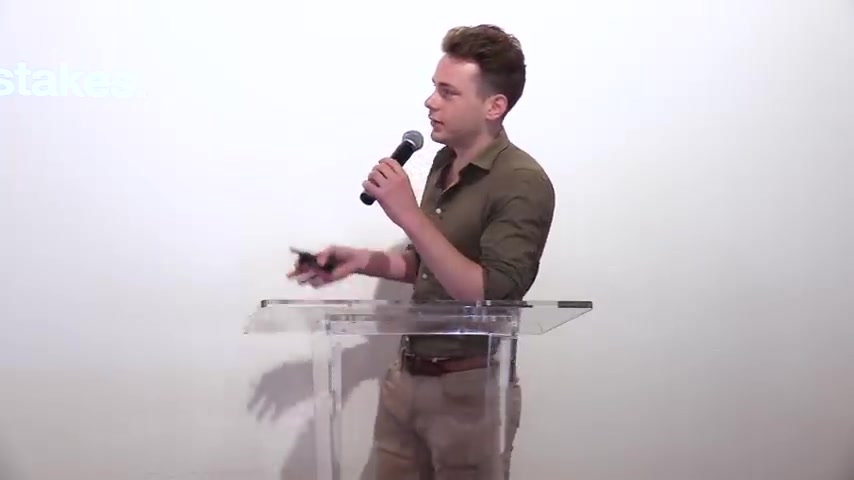
I'm sure people here are excited to build kind of the next , the next empire , become the next Rockefellers .
Um And one kind of view here that , that I've noticed over years of working with different startup founders , being a startup founder myself is when you're a founder , the mentality you get into is kind of like you're an athlete and startups are kind of the Olympics .
It's one of the hardest things you can do .
And what I'd like to do in this talk today is , is go over some of the kind of mistakes some novice athletes make while they're trying to play in the Olympics because I , I do think they're kind of repeated .
Um , and over the course of the past few weeks , um , I think you guys have seen great talks on mistakes .
People make , say when marketing or hiring or growing your company , but there's a lot of mistakes you make with yourself .
Um And I'd like to help you potentially avoid them .
Uh A lot of the mistakes stem from this recurring theme , which is you're working really hard and not smart , kind of like this guy with the rickshaw .
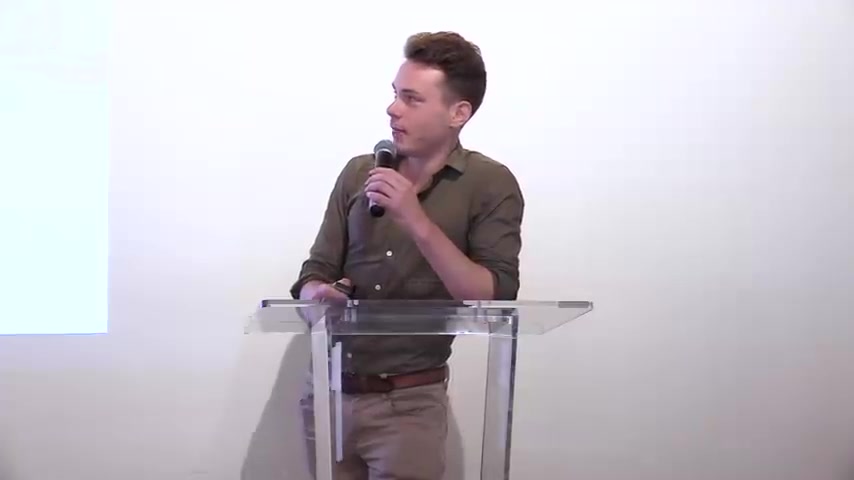
Um You , you don't want to be in this position .
Um You know , examples of things that will be in your head as you start a company , especially as you start growing out a team are , you know , I'm , I'm gonna be in the office all the time or I will make sure to be the last one out today .
I will work as hard as I can .
And while there's a lot of value in it , that stuff could kind of go wrong because ultimately input doesn't equal output .
This , this founders seem to make this mistake kind of over and over again .
And what they forget is nobody wants to work for a tired idiot .
Um It's actually incredibly uninspiring .
Uh And so , uh you know , ultimately , if we were to do a little quick , Harvard uh two by two Matrix here , um You know , if , if you just , this is the most common startup , founder mistake where you just focus on like I'm gonna pedal the bike as hard as possible and you don't really get anywhere .
That's kind of bad too .
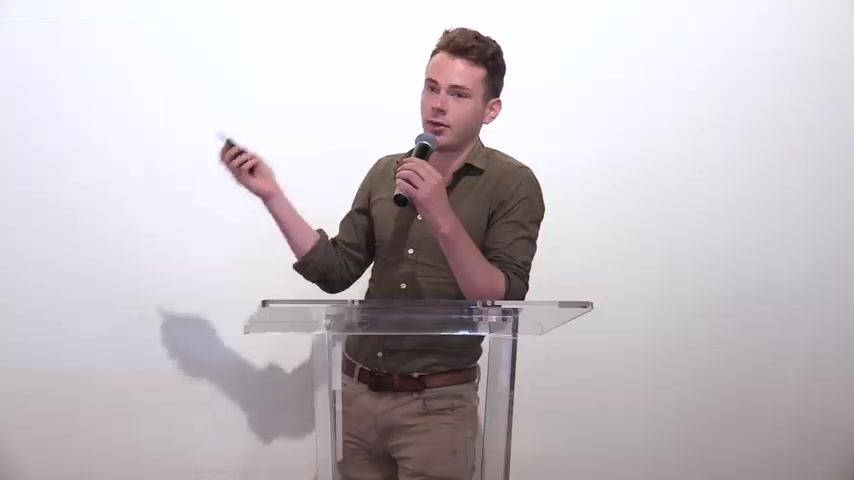
I would not want the outcome of this talk to be the other extreme um which is maybe like you could define academia , you get really smart , but you're not , you're not pedaling as hard .
What you really want is to be doing both .
And so we're gonna be talking a little bit today on , on how to do that before we dig into any details .
I thought it should be interesting to maybe quickly go over why this even happens as a problem .
So , out of curiosity , if could uh if you've ever worked for someone before that you respected a manager , you respected , please raise your hand .
OK .
So about half of the room , um ultimately , when you're a founder , you kind of want to win the approval of your pack , be it your team um or uh other founders .
And the problem is a lot of first time founders don't really have that experience of what that , that um thing you want to look up to is um So they don't have a mental model uh for what's to emulate .
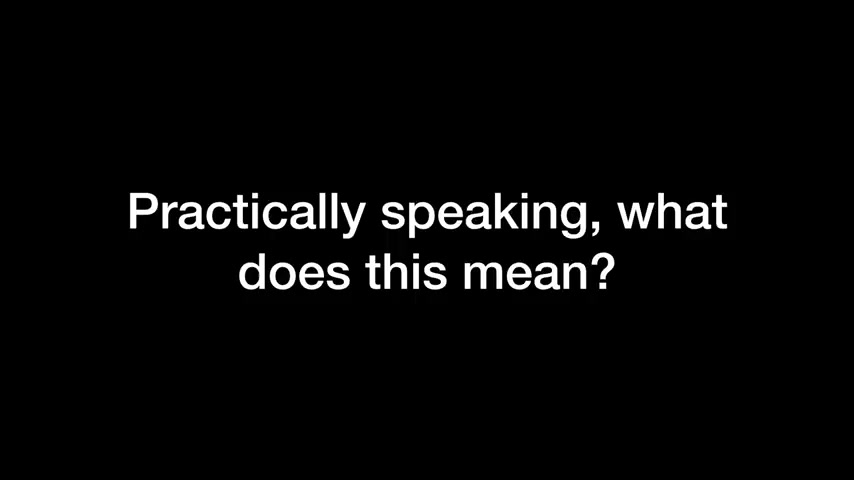
Uh And as a result , there , there's just like a lot of common mistakes people make because they don't know , kind of what greatness looks like .
And so they optimize for the wrong thing .
All right .
So that should set hopefully the , the general framing for the talk .
Um What does this actually mean in practice ?
So we're gonna go over a couple of different areas .
Um Common mistakes with sleep food , exercise , your mind and leadership .
This is kind of a Maslow's hierarchy of sorts to start up success where I think you can only tackle the stuff at the bottom after you tackle the basics .
Um What's really ironic about the advice I'm about to deliver you is I'm sure for about half the people in this room and I'm , I'm sure many more people online .
Um You will make all these mistakes despite me saying what I'm about to say .
It's kind of fascinating , but I , I'll , I'll go through the exercise anyway , just so I could tell you I told you so .
Um All right .
So sleep guys , the reviews are in sleep is the ultimate new Tropic .
It just takes a couple of hours to apply .
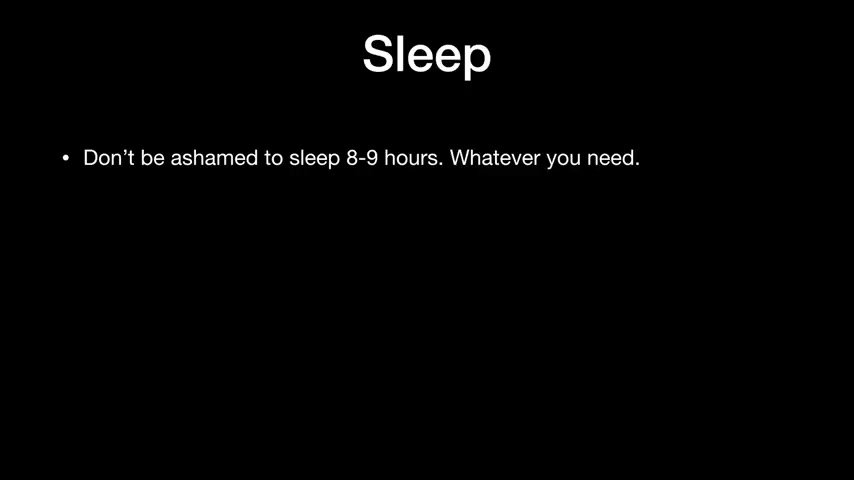
Um There is no way that cutting , that hour of sleep was actually worth it for your company in in unless there's a real emergency .
Some people need five hours of sleep .
Some people don't need eight hours of sleep .
Some people will need nine , just sleep as much as you need .
Um When I started my first company , I was very focused on , as I mentioned earlier , just being in the office all the time working as hard as possible .
And again , it's really stupid .
Uh And in fact , bad for your shareholders and for your entire company , if you're coming in there with 20% cognition because you're not sleeping well .
Uh I would spend a bunch of weekend time , you know , to spend your company time on this , optimizing your sleep environment .
I think sleep masks are the most underrated product in the world .
In terms of the upside that they give you in the car , it's like $20 and you'll sleep .
I sleep significantly better .
There's a website for this , that details it , I would just go through all their products .
Um I would be incredibly frugal in general in life and I would spend lavishly on this one .
Uh Again , just think about it as a new tropic .
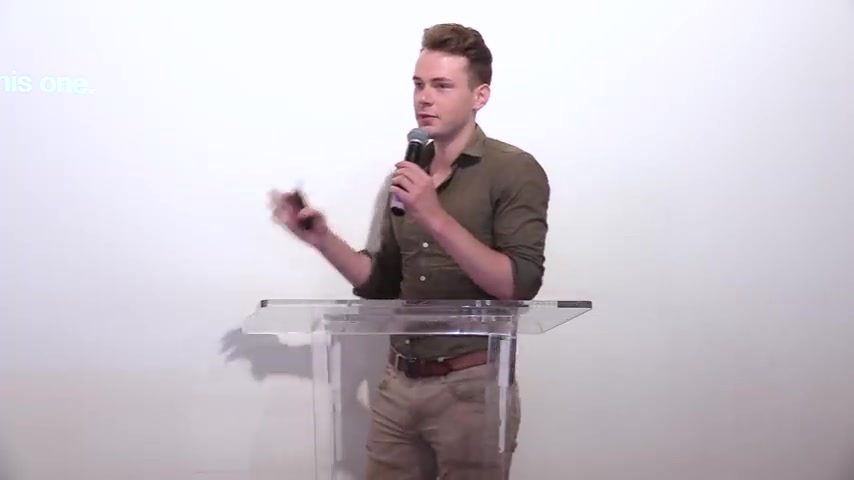
I know there's a lot of people that are obsessed with kind of , I don't know , taking alphanine or caffeine .
This is a far better new topic than all that stuff .
So just spend on it .
Um I would try to avoid using an alarm clock at least for half the week .
Uh A a again , your ancestors didn't have an alarm clock .
Um They survived .
You should be able to as well um sometimes , uh you know , one thing your ancestors obviously were not exposed to is a lot of light in the night .
Uh And so occasionally you're setting your security and rhythm .
I think for a lot of folks , especially software engineers can be helpful .
Um I think if you're a software engineer , you probably have , well , I found at least most software engineers that I've worked with have about a 25 hour cycle .
That is to say they increasingly wake up later and later and later .
If you take a little bit of Metal Melatonin , you can actually reset that quite well for various fascinating regulation reasons .
Most Melatonin sold in the United States is way much more than you need .
It's like 35 or 10 mg , your body makes 100.3 when it wants to put you to bed .
So that's what you should take .
You literally have to buy this on Amazon .
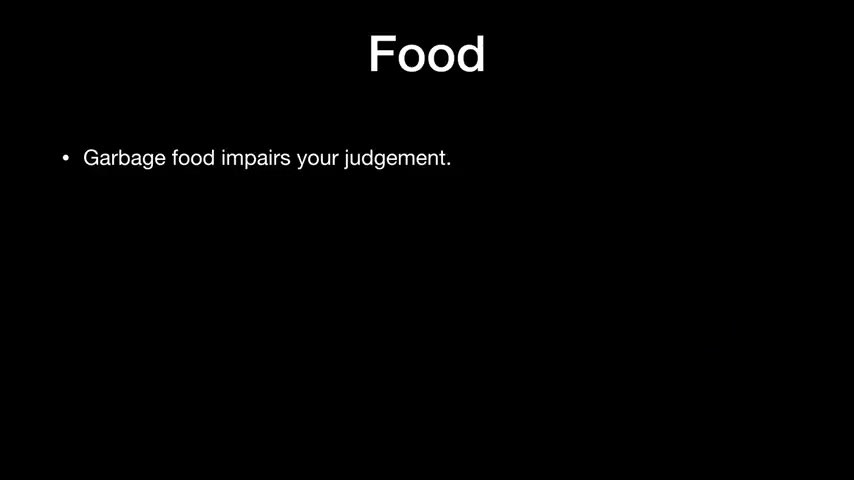
The reasons for which are fascinating , but outside of the context of this talk .
OK .
So we just discuss sleep a little bit .
That should be real basic .
I don't think you should tackle anything else before you're sleeping .
Well .
Um It , it's again fascinating .
I'm sure most of you , some of you will follow this advice .
A lot of you will continue doing what you're doing .
But again , I told you so .
All right , let's talk about food .
Um OK , so again , just think of um just think of what you're doing and what you want your team to be .
Um , garbage food impairs your judgment .
Uh I would , uh , I , I , I , at some point realized I was letting everyone else down on my team if I was not playing at peak performance , if I was not treating myself like an athlete , so I would not eat crap food .
Um , I , I , I really don't want to go down the rabbit hole of like what diets to do .
I'm not a dietician and I'm not here to be , or Tony Robbins , but I would just focus on whatever you think is healthy .
I actually think there's probably a lot of psychological benefit to just eating whatever you think is healthy frankly .
If you believe sugar is really healthy , if you ever really believe that maybe that's fine .
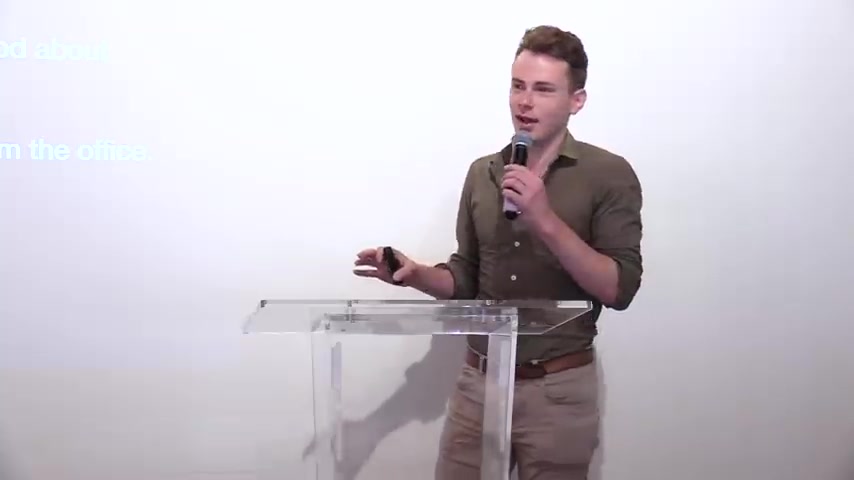
Um , whatever fad you're into just go for it .
Um , this is something worth investing in .
Um , I would , I would , this is a contentious topic but , um , I , I , I think it is immoral to have junk food , uh , weaponized junk food in your office .
I would just get rid of all of it , uh , and focus on healthy food .
That's , uh , you can find healthy foods as just , uh , just as cheap .
Um , I also think everyone is dehydrated all the time .
Uh , I would try to drink an uncomfortable amount of water .
Um , this is probably the only weird hack I'm gonna give you in this talk most of it's gonna be frameworks , but practically speaking , yes , you got it .
This man is set up for success .
Uh I just , I , I think you'll feel much better if you do .
Um All right .
So that's a little bit about food .
Um Again , it's , I think it's pretty simple .
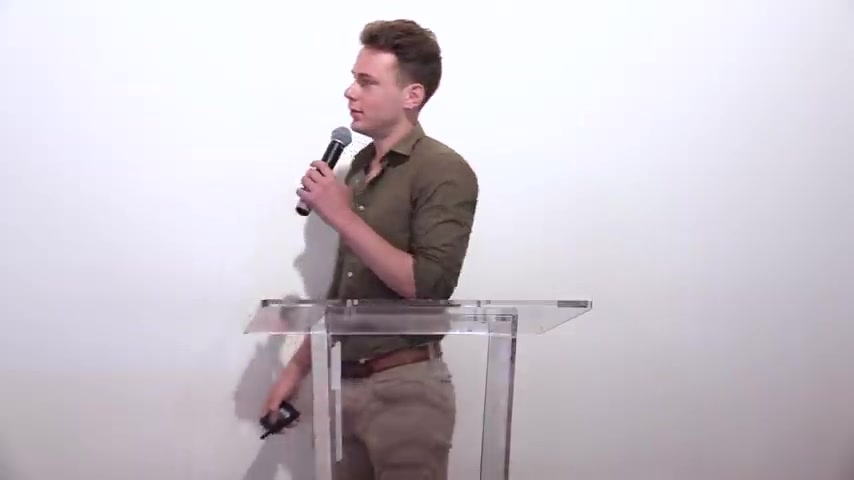
The message here , the repeated message here is invest in yourself because um startups are one of the most draining things you can do uh to your body , to your mind .
Let's talk about exercise .
Ok .
This is probably a good idea .
Um , again , just like sleep , the results are pretty conclusive on this 11 thing I always , um , well , taking a step back if you don't exercise , I would at least try to spend a lot of time outdoors .
If you have a team , you can start having one on ones outdoors if you're managing that team .
Um , if you're somewhere terribly cold where you can't spend time outdoors , that sucks .
But , well , maybe you should move to somewhere that has more sun .
Um , I , I would always picture in my mind because I'm an overly competitive person that whoever my competitor was , they were probably working out like four times a week , becoming better , becoming , having better ideas , becoming more creative .
If that framing is helpful for you , I would use it .
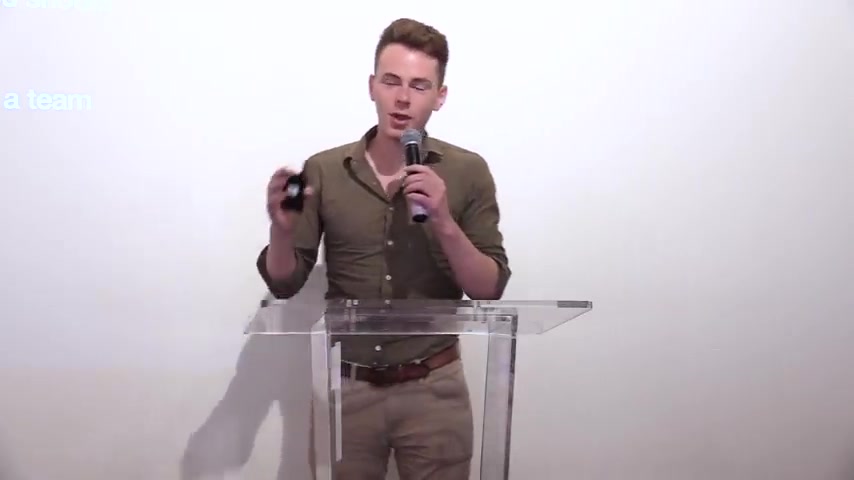
Um , I think , uh , you know , I , I , I don't mean to be overly prescriptive on what you do .
I think anything you do in , you know , in , in the spirit of exercise is good .
I don't have to cite , I can't , I don't have time to cite all the studies that correlate with this .
Um , I do think running is probably the best in terms of time expenditure to potential reward if you can do it .
Um , and , uh , I think the , the more interesting question with exercise is not whether you should do it because I think it's pretty clear to everyone on the planet , you should do it but how to convince yourself to do it because um that's the , that's the harder psychological bit .
Uh The largest mistake I think people make , uh especially if you're a founder of a company is , you know , you have like , I'm gonna go all in mentality .
You tend to go all into things .
If you go all into something like running the first time , you're gonna hate it because you're gonna sprint , sprinting sucks .
Um So I would , I would not overdo it .
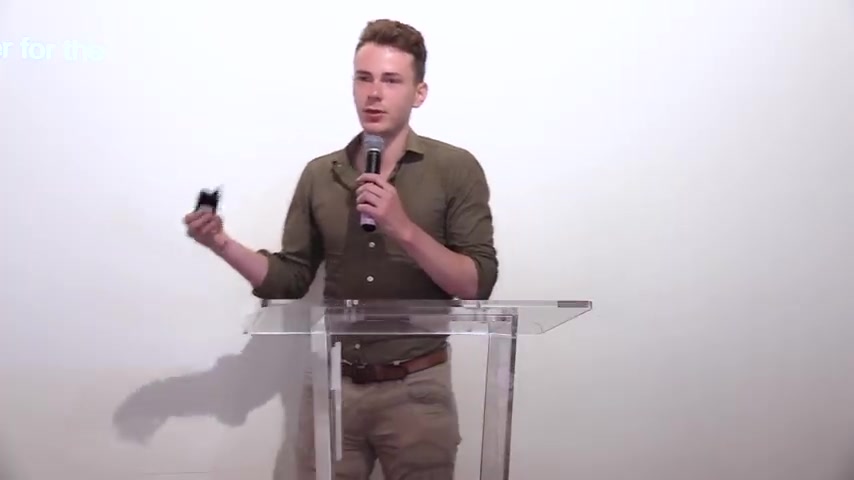
Uh And I would start really small uh and , and build positive memories that you can grow on .
So celebrate success .
What you want to do is pretty much for everything .
But in this particular thing , the trick is to create a positive memory such that when your brain predicts whether you do that activity the next time it looks back and thinks , yeah , that was , that was kind of fun .
So that may mean running a mile and then getting a frappuccino just because what you'll remember is getting the frappuccino but try to really trick yourself into doing this .
It'll definitely pay off .
Uh I think the , the other thing you can do in order to kind of reduce the willpower required to do anything is make it um surround yourself by other people that are doing it .
You can tell other people that you're running , which is great because then you'll kind of feel like you have to do it because you told everyone about it .
You could surround yourself with other people that are running .
Um for me , especially through the dark phases of my startup .
Um This , this was definitely my light .
Uh It helps you relax , it helps you focus .
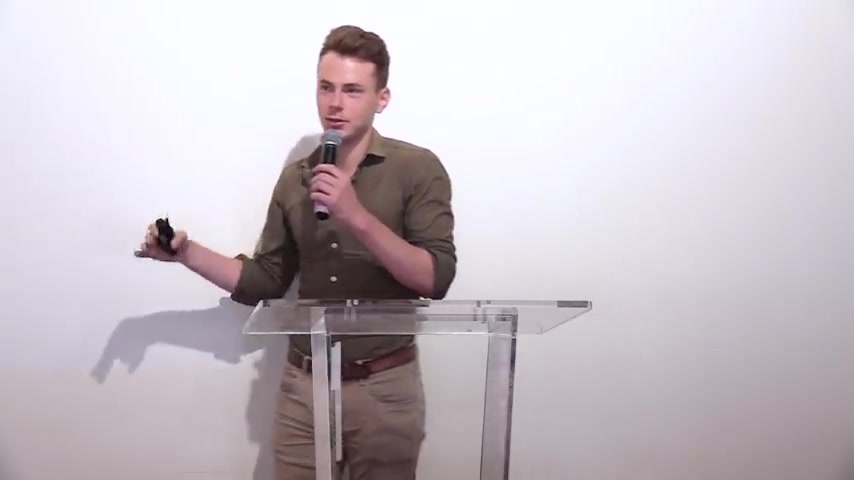
Um And you guys are going to go through a lot of ups and downs .
I suggest setting up these good habits while you're either at a plateau or at an up because it's really hard to convince yourself to do anything while you're down .
Um But if you set up the mental habit , it's a little bit easier to come back to .
All right .
So if you got down the basics , you're sleeping well , you're eating well , you're exercising .
Um then we can start to talk about kind of the more interesting uh things you could , you could do and , and you should be doing to transform yourself as a leader and to really take your company to the next level .
Um There are , there are a bunch of kind of subcategories within to how to think about optimizing your mind .
Um The largest mistake people make .
Uh I think in terms of just thinking better is they , they focus a lot on feeding their body and then they don't focus on feeding their brain .
Um But ultimately , your brain I think is just constantly doing pattern recognition .
And the , and the pattern recognition that it's doing is very much powered by the information it's consumed .
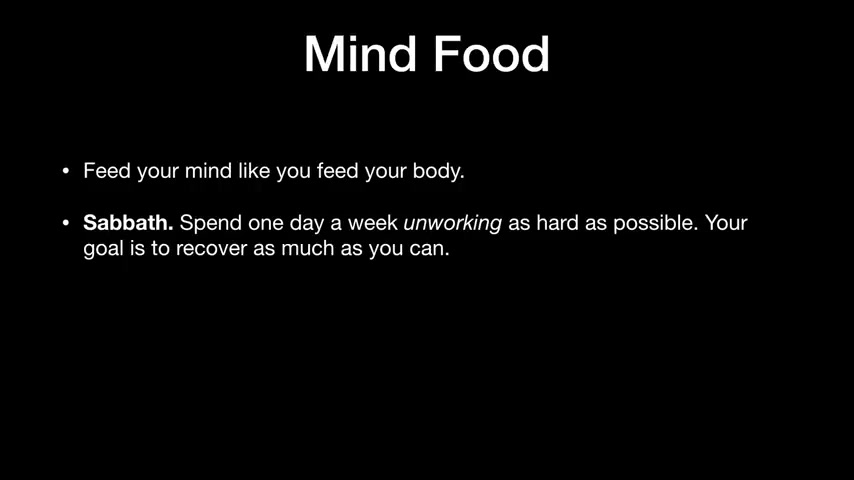
Uh And so you , you really want to focus on feeding your mind like you're feeding your body .
What does that mean in practice ?
Um I would spend at least one day a week not working as hard as you can .
And your goal here is by , by as hard as you can .
Uh You want , I mean , you want to , you want to do whatever activity will help you feel the most refreshed when you come back to work .
And there's all sorts of interesting studies of spending time in nature is really good for this .
Um Maybe going to the beach , whatever .
Um I don't intend to be prescriptive , but you really need to spend a day a week not working .
Um This is really helpful because when you come back to work , you will have like your , your brain will just be different and it will be solving problems in a more novel way and let me frame it this way .
Your competitors are probably doing this and they're coming up with better answers than you are .
So you should definitely take a Sabbath .
Um I mean , it blows my mind that people don't do this .
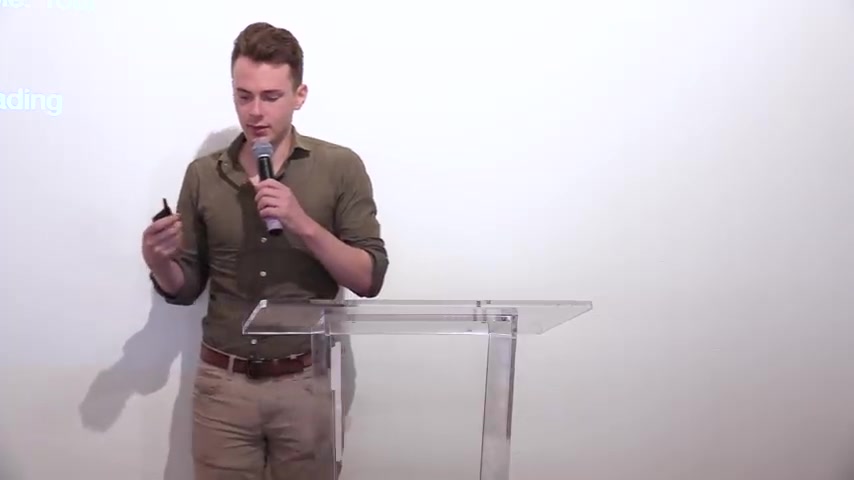
The , the , it , it , it's , it's , I guess a separation of the , the urgent and the important that people struggle to do .
Um I would focus a lot on reading long form .
Um I think a mistake people make here is everyone talks about reading a lot .
Um And people get very obsessed with like , you know , reading is a thing to do .
The greatest gift someone gave me was this idea of not really caring about what you read , whether you even finish the book , just trying to read any book any time , all the time , like every day .
Um because I , and I think this is a common amongst founders .
You get obsessed in this um mindset of , I got to do it .
I gotta finish the book , you get stuck in a crappy book , you stop reading altogether now you're on Instagram sucks .
Um So just pick anything continually try to read it .
Um I , I , I find that the value that books give you um are not , uh they're not just informational , they actually set up your mind in a particular way .
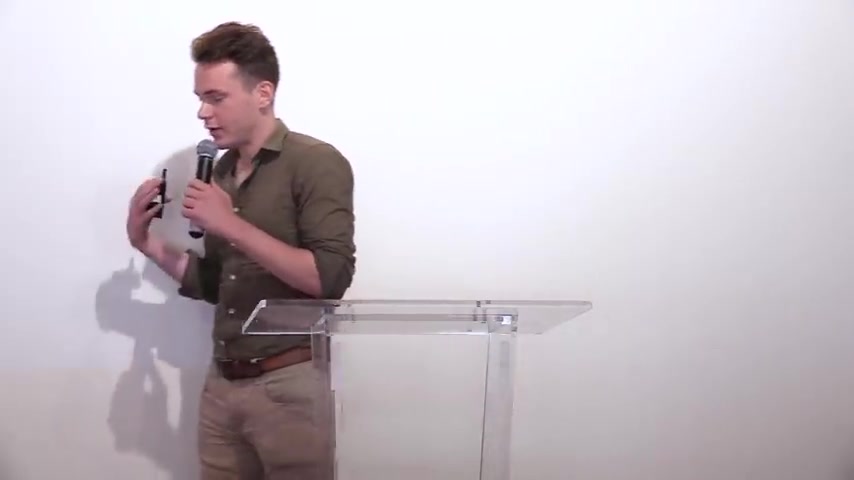
Like if you read a biography about a person , you'll find yourself thinking a little bit more like that person thought or like you read that person thought .
Uh And that Afterglow I think is really what you're trying to get and I don't think you can get that from short form content .
Um , I would sign out of all , unless , unless your business is tied to it , in which case .
Good luck .
Um , I would sign out of all this crap on your phone and just make it a little bit harder to use .
Um , yeah , it's just too good is the main problem .
It's way too good .
Uh , uh All right .
Um So that's in terms of how you should feed your brain .
Um in terms of how you should think like the software that's running in your head , probably the largest thing you want to do is you want to move from this mode where you're playing first person to this mode where you're playing third person .
And what do I mean by that ?
I mean , by that it's a little bit less , I'm angry and a little bit more , I'm feeling anger .
Um The other term people use for this is mindfulness .
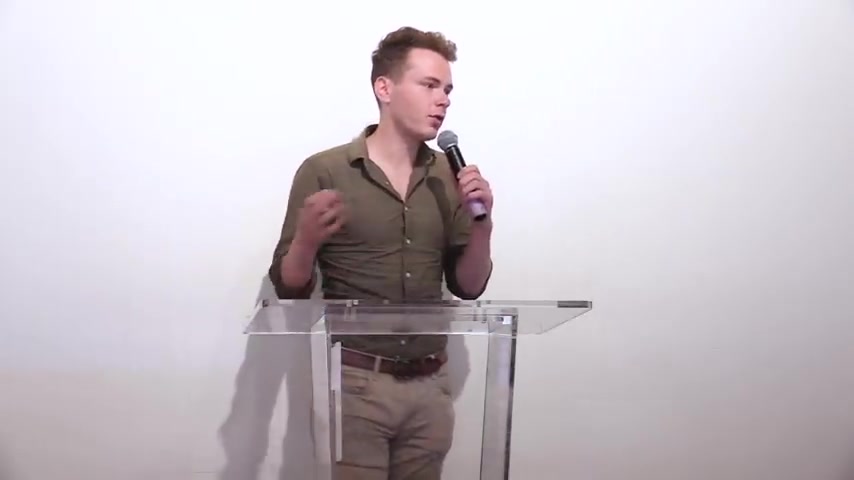
Um I'm trying to avoid that and repackage it in terms that seem a little bit more exciting .
Um But it's building the habit of kind of stepping out of the frame and experiencing yourself almost in the third person .
This is really useful .
Uh because , well , it's actually not that useful things go really well in which case , all of your emotions are awesome .
Um But when things start going south , um it's gonna become really important .
Uh it's going to become also really important when you start doing bad things that are mostly a byproduct of your own insecurities .
You know , so someone say who reports to you says something disagreeable to you in a meeting .
And it's quite helpful to be able to step back and say what's happening now is like , I feel insecure as opposed to I'm dumb , which is what actually happens if , if , if you're playing in kind of first person .
Um And you'll be able to react better , you'll be able to lead people better .
Um In terms of how to do it , meditation is one way to achieve this .
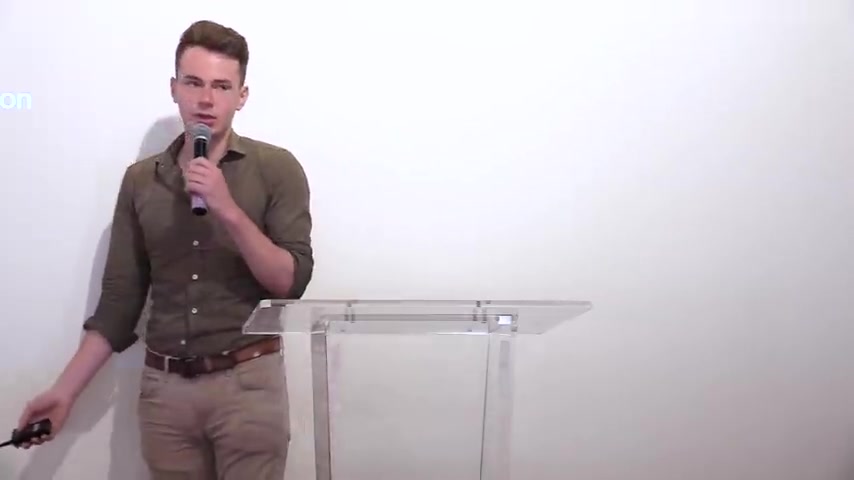
Um There's a lot of studies that show that it just happens as a byproduct of being in your mind for more years .
So it's just growing up .
Um uh But I actually think the most valuable way to , to , to get better at this is to just think about it and just have the concept in your head .
Um But it is probably the largest , most important mental shift I think you can do as a founder because you're putting yourself through an emotional roller coaster .
Um So that's kind of a large software shift that I think is , is really , really important in terms of other cheap hacks um that relate to your mind .
Um I think the simplest goal that you should constantly be thinking about is how to spend as much of your day in flow as possible flow is this concept of basically becoming unaware of how time passes .
There's a book written by a gentleman whose last name I can't pronounce .
So I'm not even going to bother Makil something .
Um about this topic that I recommend reading .

Um You want to spend as much of your time in flow as possible .
Uh And if you're really good as a manager , you really want to spend your entire team's day in flow as much as possible .
People should be moving from one thing to the next to the next to the next , not even really noticing uh time fly by and that and that is , you know , it's , I don't have any like instant solutions to that .
Um But you may be kind of noticing a theme across the talk here , which is the key is to kind of launch and iterate .
Um I would , I would be constantly asking yourself like , what time of day is best for you to do meetings ?
What time of day is best for the team to do meetings ?
Um What music makes you productive , you know , is the person you're going to put on a particular project .
Are they going to enjoy that ?
Does that match their personality ?
Maybe , yes , maybe , no .
So you need to constantly be in this framework of trying different things and iterating .
Um don't be on autopilot .
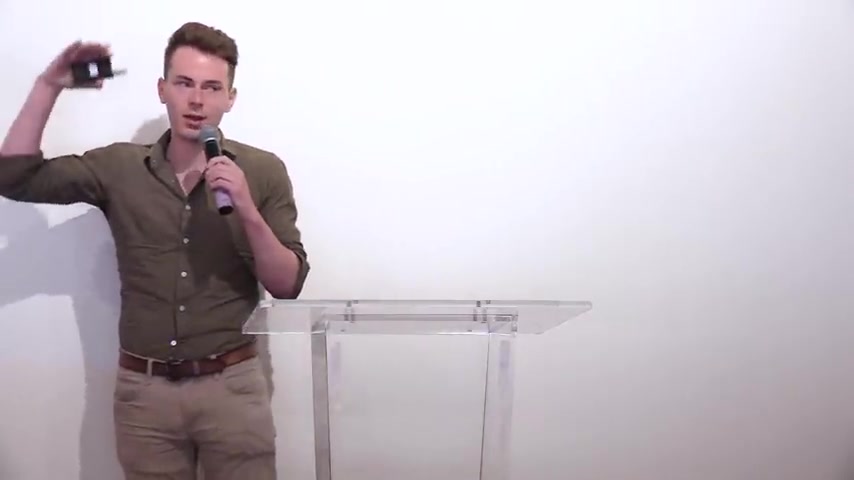
Uh There's a lot of information , data laying on the ground uh that comes out of an emission from whatever you did by putting a meeting super early in the morning , super late in the day , bunching meetings together , keeping them separate .
Um I don't mean to be prescriptive because I actually don't know that that there is a global answer , but there's definitely an individualized one to you .
Um And the , the , the , the really great people are constantly iterating on whatever that is trying to improve themselves .
So you should do that because the competition is doing that .
Um The last thing I want to talk about uh is probably the most important one for you as you build out a team , which is how to become a really good , really inspiring leader .
Um There's a lot of different books on leadership .
There's a lot of different studies on it .
Most of them are garbage .
There's one particularly good one that I'd like to walk you guys through , um which is Robert Keegan's theory of adult development .
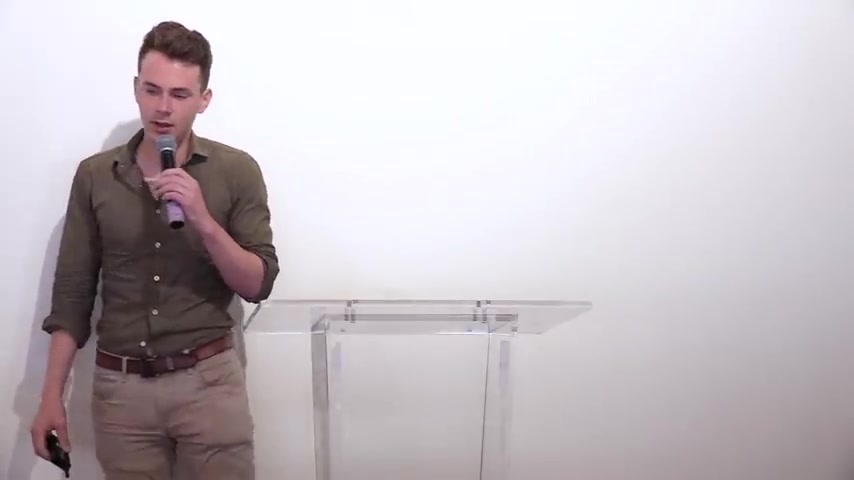
Um Robert Keegan is a psychologist uh that has done a lot of work on adult development distinct from child development , which looks like P H A have covered quite well .
Um It's actually not , there's , there's not that much literature on how adults say circa 18 and beyond evolve in terms of their thinking and thought patterns .
Um And what he's done is he's kind of split out uh five different phases that people tend to go through throughout life .
And not all people make it to the final two phases .
Um uh The , we're , we're really going to focus here on stage two through five since one is basically really Children .
Um And I'm gonna walk you through them .
Uh And then we'll talk a little bit about how you can kind of advance from one phase to the next .
Um So let's talk a little bit about an imperial mind .
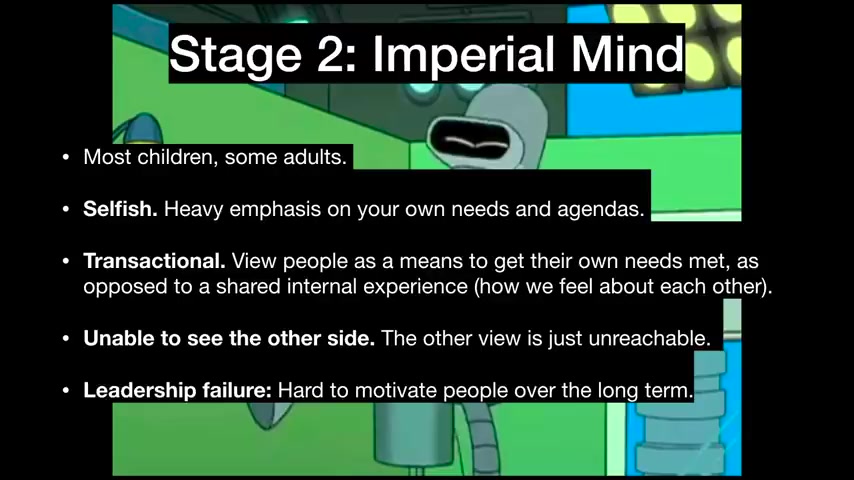
Um uh This is , you can kind of think of this as like a very simple A I this is someone who is most for the most part , these are Children , but I think we all know some adults that fit this bill .
This is someone who is incredibly selfish .
So they're very focused on their own goals .
That's the , that's the number one most important thing for them .
Um They're transactional .
So the relationship with other people is really just a way for them to get a thing done that they want , they're unable to , the , the view of the other side is untenable to them .
So , you know , oh what do you think of , you know , a person brings up other idea ?
I can't , can't even get there , can't even see how that person would have that view .
The challenge with this mode is that it's really hard to get people to , to cooperate with you over the long term .
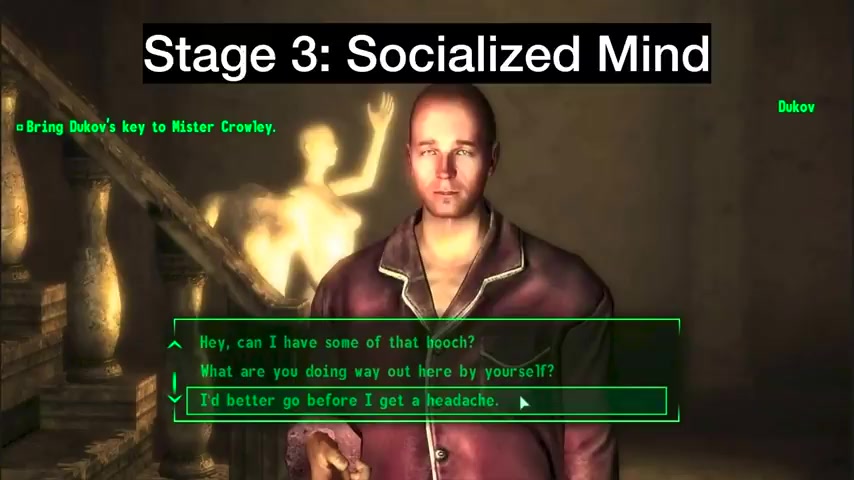
Uh As as you guys grow teams , you may start seeing this flaw in actually some , some managers , it becomes very easy to see actually when it's not you , but through someone else where people over time just aren't interested in working for them or don't find them compelling .
Um So this is kind of the , the most embryonic phase you can be in as an adult , which I think is , has some obvious limitations .
Once you advance beyond stage two , you get to stage three , the socialized mind or as I call it the N PC , the non playable character in the game .
Um This is most adults .
Uh and these are people who are kind of able to see the other side , but they almost , they almost see it too well .
And in that sense , they're kind of N P CS , they have no internal locus of control , they really care about what other people are thinking about them all the time and the social narrative of , you know , oh people think I'm dumb becomes their narrative .
Therefore , I'm dumb if that makes sense .
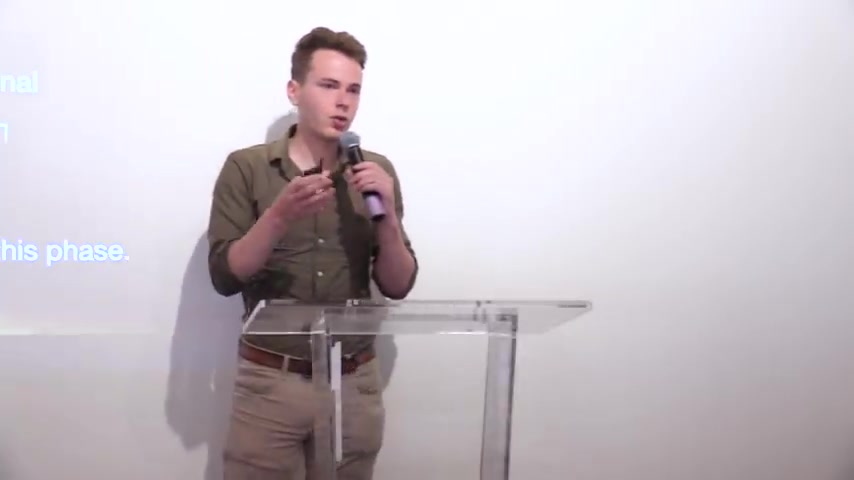
Uh So you've kind of pendulum swung a little bit too far where instead of not caring really about what other people think you now are entirely driven by it .
Occasionally we'll see founders that are , you know , are kind of in this mode .
It's just , it's really hard to have an independent mindset .
Uh when , when you're , when you're in this mode and any , any , any great company as you guys know , that faces a lot of unknowns and you have to be able to kind of stare into the abyss and say there's a light at the end of the tunnel and it's really hard to do that .
Uh If you're constantly gut checking yourself about what other people think about you , there's some value here .
Like the opinion of other people is actually important .
It's a great way to know if you're doing something right or wrong .
The problem with people in this mindset is they're just unable to have their own framework for how to live life or their own kind of truly independent ideals .
Once you evolve beyond that , you reach the kind of master player phase , uh or the self authoring phase .
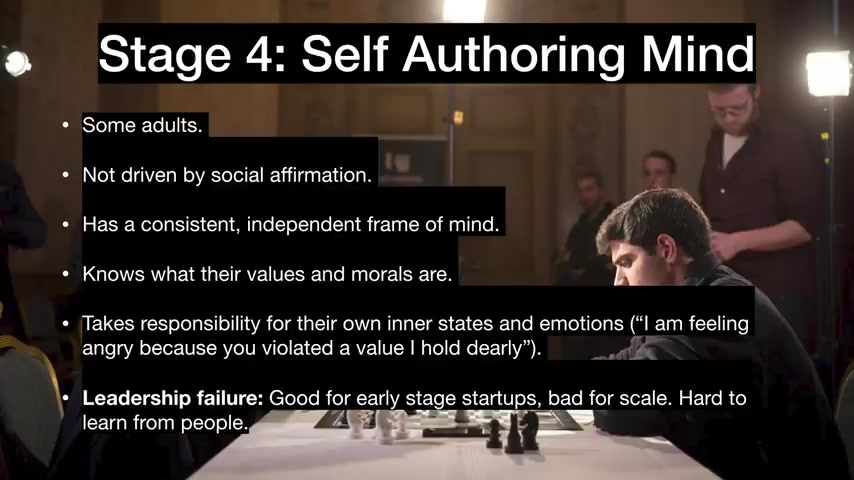
And this is in Keegan's view , some adults , um you have less motivation by social affirmation and you have a kind of consistent independent frame of mind .
And so you have certain values , certain ideals , certain things you hold yourself by .
Uh and you can identify with them and , and you know what those are , you know , I am a person who cares a lot about X .
Uh And that's , that's like a part of the inner monologue in your mind .
Uh Importantly , you're able to take responsibility for your own emotions .
So this comes back to that , that point of playing in the third person um of , you know , I'm feeling angry at you because you said you , you kind of assaulted a value .
I hold dearly .
So you kind of know who you are uh at this phase .
This is , this may actually be the best phase for a founder .
Um because you have very clear ideals that you hold on to .
Um you kind of know who you are , you're aware of your emotions and it's slightly different from that .
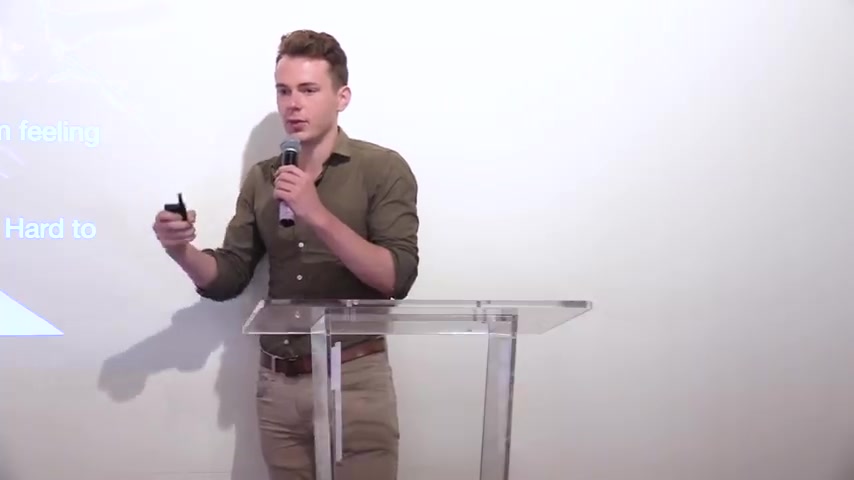
The second phase we were talking about moments ago , you're able to kind of play an infinite game with people where you're , you're optimizing for the collective group , not just for yourself , but you do have kind of a sense of where you stand .
There is another phase beyond it .
And , and kind of Keegan's interesting claim here is that very few adults make this phase .
Um the kind of self transforming mind .
And if previously we were talking about , you know , a really competent game player , this would be almost a game designer .
Um This is someone who is not really held by back by any sense of who they are as a person and what it values and ideas they have , uh and is able to basically uh embrace and extend any of the opinions and ideas of people around him .
So they're constantly being recreated by the group that they're in if that makes sense .
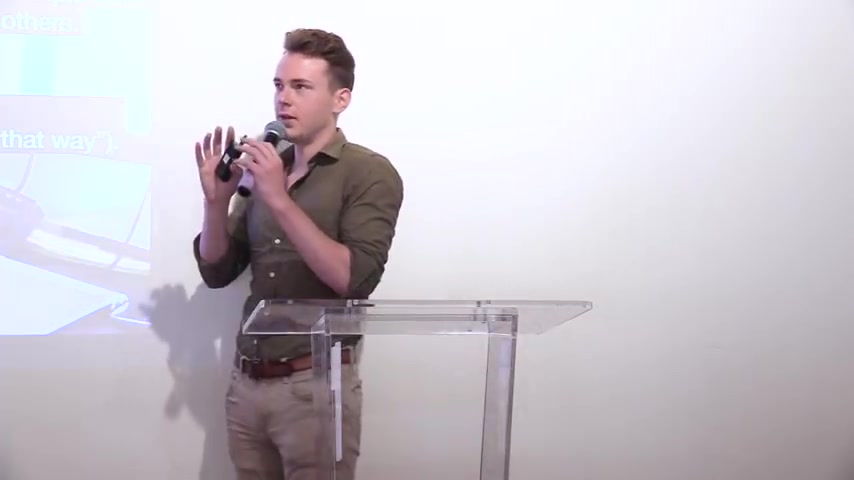
Um You could almost an engineering metaphor would be that this person can kind of run any idea that comes to them in V M , you know , and they kind of kind of kind of properly evaluate it .
They're genuinely curious and interested in other people .
They're willing to drop an entire ideology and swap it for another one , you know , in moments if it kind of makes sense for them .
Um And unlike , you know , um that second phase , it's not being driven by , what will other people think it's truly being driven by the quality , uh , of , of that idea and ideology .
Um , the other very interesting thing about these people that I find fascinating is the tendency to think in systems .
So when someone is bringing up an idea , you know , being able to very quickly realize , oh they're bringing up that idea because of X Y and Z , you know , because that's their position in the organization or that's their background or that's the environment they grew up in .
It's almost like you're seeing the entire map or you're on the 100th floor of the building and you're seeing the entire city fold under uh unfold underneath you as opposed to being on the first floor .
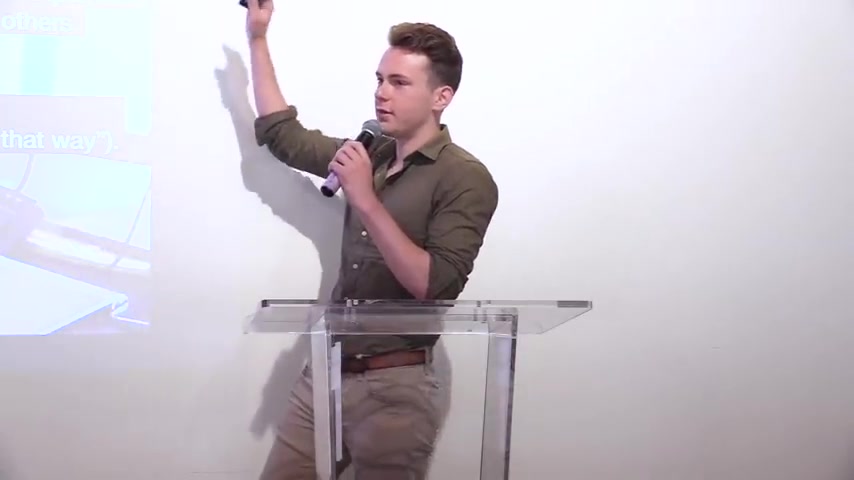
Um They make the , the interesting case um that this is , I mean , this is the vision , this is where you want to get to .
It's actually not clear to me for founders that you want to be here until you have product market fit .
There's something very interesting about these people , which is , they're generally , I find they're very good at managing very high quality talent , uh who needs to be properly heard , needs to be properly understood in order to be inspired to come into work every day .
Um But danger of making metaphors , but when you think of Elon or Steve Jobs , it's not clear that you end up here .
It's a little bit more stage four .
They have an idea and they're just gonna railroad it through .
Um , but I think in , in , but I think it's an interesting thing to hold on to long term .
And I definitely think as you guys grow and as your company , you know , you start building out a strong executive bench , this is actually what's required to get a players to , to be interested in working for you .
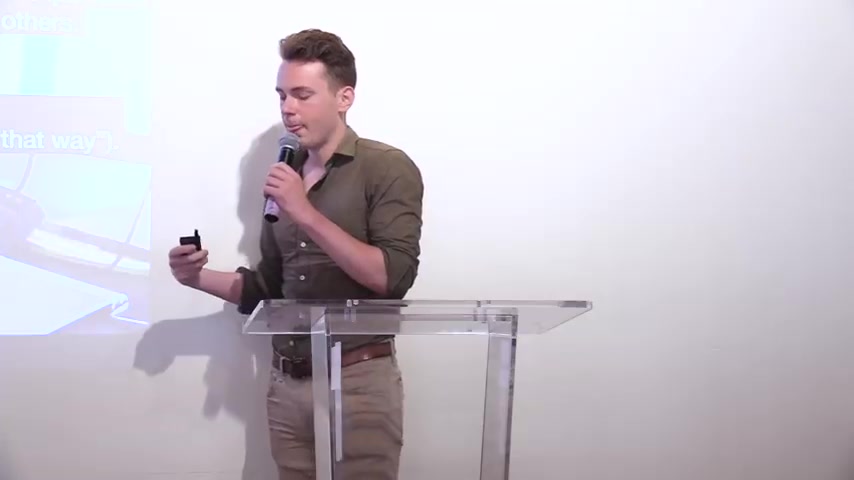
You have to really be able to set up an environment where they can live their own ideology and they feel challenged by you and they feel like you're willing to adopt it and , and you can actually put together um people with very different ideologies and kind of get them to mesh together .
It's like you're designing , you know , the game as opposed to being an individual player .
So I thought so , so , so the question is like , OK , given where you know , one is and there's a case to be made that we can't really ever evaluate where we stand on this kind of thing .
How do you move on to the next phase ?
How do you become less maybe self-centered and more focused intrinsically uh in , in kind of motivating others to join your cause ?
Um I think knowing the concepts actually can really help because then you can kind of label some thoughts that you have and say , well , that's , you know , stage two at five .
And if you guys are interested in this , you should just Google Bob Keegan and read any of his books time according to him , just uh kind of moves a person along a continuum .
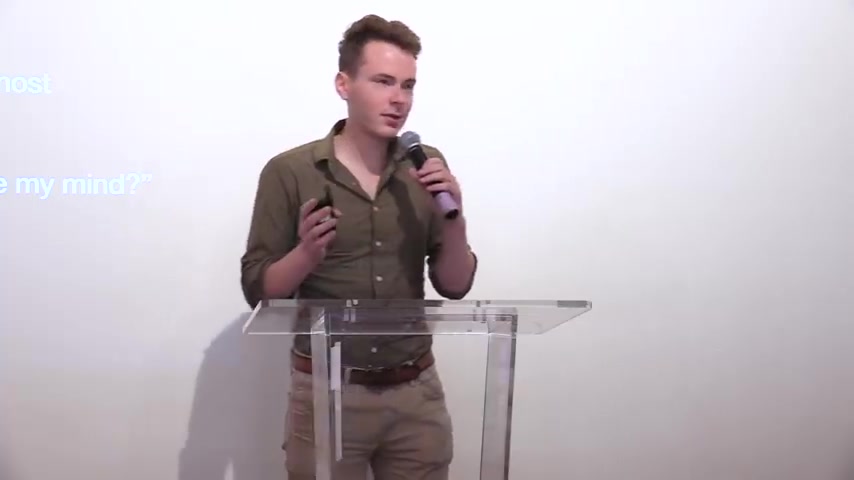
Here , there's , of course , this question of derivative , how quickly you're moving .
Um uh one very practical thing that I , I , you know , I , I've uh learned to do over the age of the limited amount of time I've had on this planet is um when , when interacting with people , um especially people that you hire , I would only try to ask questions you're genuinely interested in hearing the answer of .
It's kind of interesting , especially in interviews to hear people ask these road questions they don't really care about because that's a conventional question to ask and then they don't really listen to the answer and then they're not really having a good interaction with the person .
So I would , I would try try to nerd snipe yourself with this with this idea of what would be the most fascinating question to ask this person .
Now , even if it's someone who uh is saying something that you drastically disagree with .
So it's an interesting brainstorm of like what is something they would say that would cause me to change my opinion that will just make , I think life more interesting for you .
And and , and maybe help you kind of work , work through that continuum .
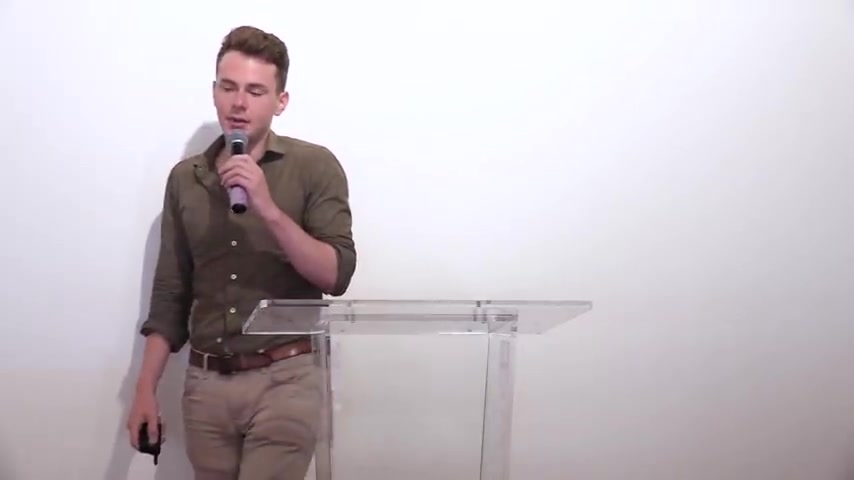
So that's a little bit on leadership .
Um A lot of this , especially if this is the first time leading a team , a lot of this is um stuff that you'll just figure out as you go along .
I do think it's helpful a little bit to have these concepts in your mind in terms of what's good and what's bad and where you want to be .
OK .
So I want to give you guys some closing thoughts .
Um I think it's really important that you , that the metaphor of the Olympics wasn't me kidding around .
I remember when I did uh Y Combinator in winter 2010 , James Lindenbaum , the CEO and founder of A Roku came by and he gave a talk and he said , um a related flavor of this , which is , he said that you should bill yourself at $500 an hour , which at the time seemed insane to me until I found out , of course , that my lawyer was billing me at 7 50 an hour .
But um the point is , uh your time is really precious and especially as your team grows .
Uh You will be increasingly the choke point for getting things done .
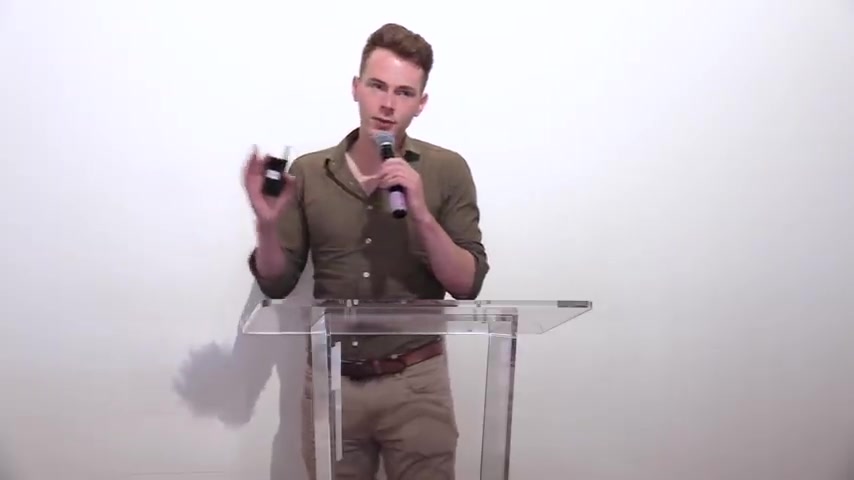
Uh And so you really have to treat yourself as an athlete if you want to survive this game because it's there .
All of the responsibility is on your shoulders and you cannot cave you cannot cave and , and go for the urgent instead of the important , it's just not acceptable .
Um If it's helpful , I would just assume that the others have figured this out and they're ahead of you and you just need to catch up to them .
Um , so you just assume that they're well rested , they're eating properly , they're thinking properly .
And so when , you know , when you find your , I've certainly had nights when I was running my company where I find myself at the office three o'clock in the morning eating Skittles .
This is not a good scene .
This idea of switching to kind of third party camera mode and experiencing yourself in the third person is really important .
You , you guys are gonna have days , months , weeks where you get punched in the face a lot .
Um Like someone wants to quit and you lose a customer and things aren't growing .
Um The only way , the only way to survive that .
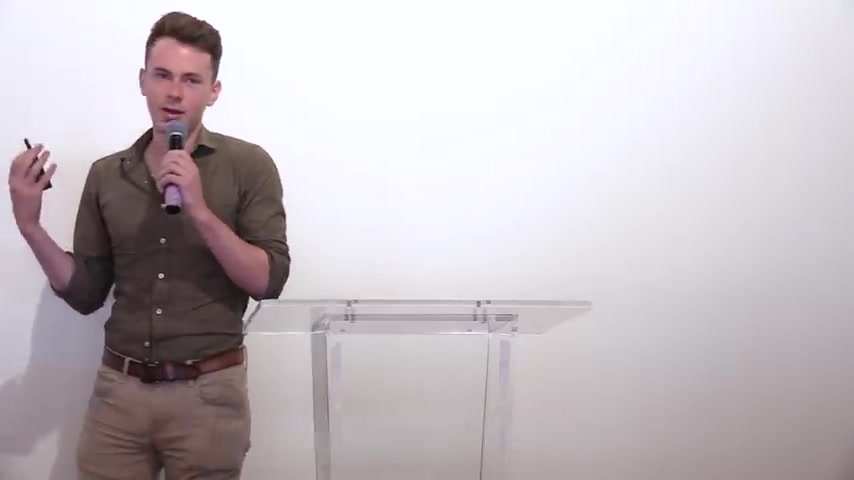
Uh And when you're in that mood , still play all the right chess moves is to experience your emotions in the third person .
Otherwise you get caught up in it and it's just lame honestly .
So I spent a lot of time thinking about that .
Um The particulars of any hack don't really matter .
I don't care if you don't actually drink water .
Um The key thing here is to launch and iterate yourself kind of , um , you have a lot of data going on about what's good , what's bad ?
Um , what days make you feel good ?
What days make you feel bad and , um , just collect that information and retrain your model over and over and over .
Um , I would very much try to just be genuinely curious of other people .
Um , I think if you are , you'll find out other people are just the most interesting thing on the planet .
Far more so than , you know , V I or whatever engineering problem you're solving , it's far more dynamic than a computer .
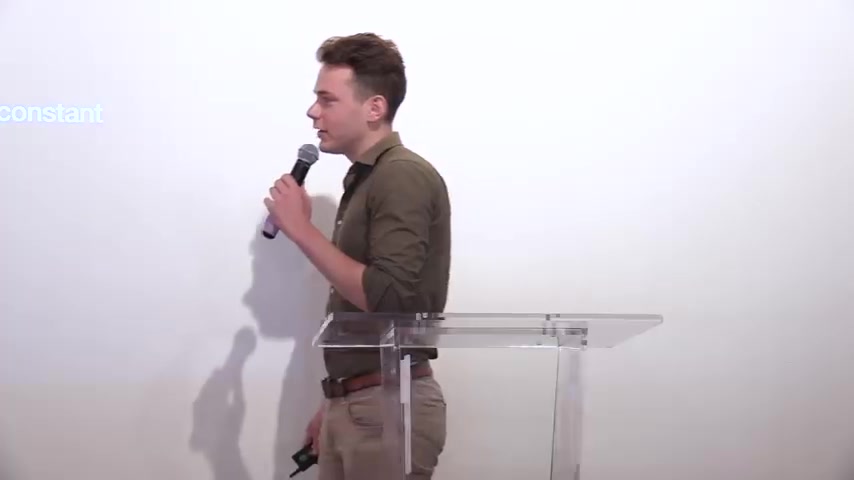
And if you get really interested in what drives other people , what motivates them , you'll get really good at recruiting other people .
You get really good at motivating other people , but you have to really treat it as a system that you're genuinely interested in .
Always try to ask compelling questions of other people .
Don't bore them , don't bore yourself .
Um The last thing is a concept that's , it's a little bit hard to convey .
Um But was one of the most helpful shifts I went through , which is you want to move from playing very finite games in life to infinite games .
And what I mean by that is um 10,000 different things .
But I guess at a high level you have , I , I think when you , you get started , you tend to get very worried in various interactions that you have with people that it's a zero sum , that it's a win lose situation .
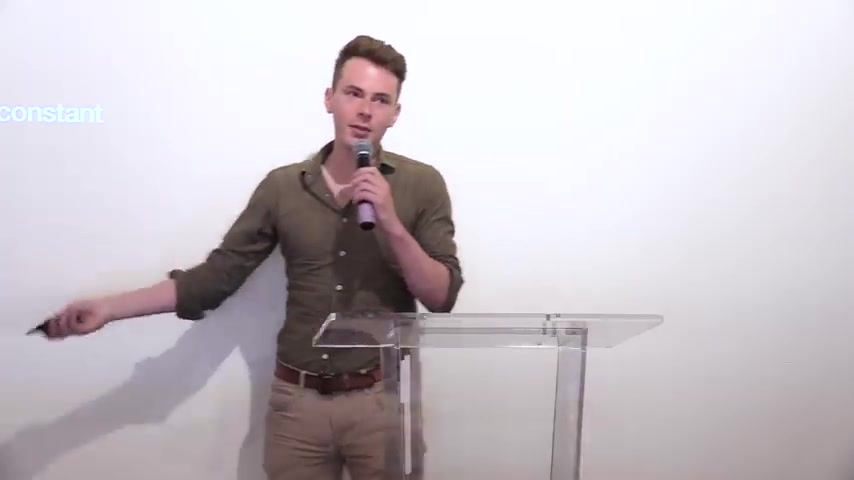
Um You know , maybe there's an idea you have , but you're not sure if you should share it with someone because maybe if you give it to them then they'll go out and run with it and then they'll steal all the credit and you'll be the Winklevoss and they'll be Mark Zuckerberg or something .
Um , and it's really important to let those thoughts go .
Um , you very much want to make , believe you're playing an infinite game that doesn't really have an end .
The score board is really unclear .
Um And you're just trying to engender as much goodwill as you want .
There's a great book on this topic called Finite and Infinite Games that helps set this kind of mental frame um because it , it's , it's very hard to explain in words , but well , someone's playing Mario .
Um um but you , you want to , I I guess move a little bit from , from , from kind of being focused on winning one particular interaction to winning the overall set of interactions .
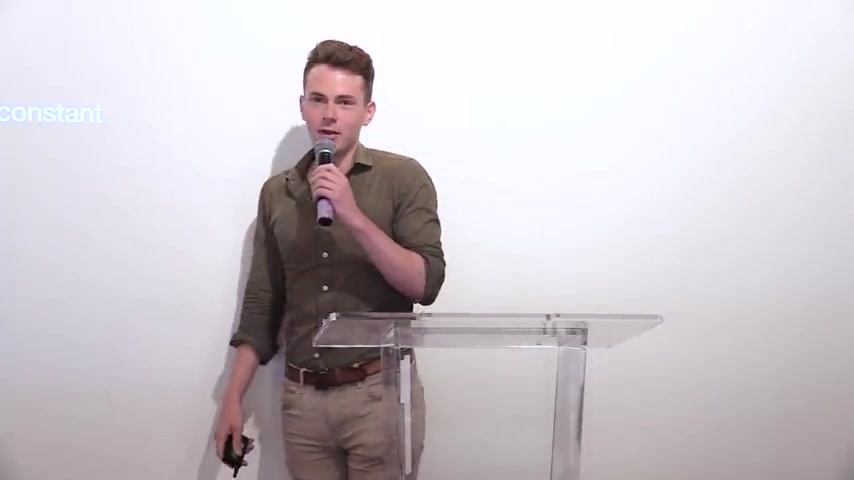
Um said differently , you're running a marathon , you know , you're not sprinting .
Um So that's it .
So that's a little bit um of a rant on uh hopefully semipro productive rant on what you need to be doing in order to uh you know , kind of improve yourself in order to advance to the next level .
Um And at the very least should be a good overview of some incredibly common startup mistakes people make um to the 50% of you that actually follow this advice and avoid those mistakes .
Awesome .
And to the 50% that don't , or probably 90% that don't .
I told you so .
Thank you so much .
Do you want to ?
Sorry Q and A ?
Yes .
Yeah , sure .
Do you have any experience , uh , with people who have like a comfortable position and a big corporation and then having to deal with ups and downs of inspector ?
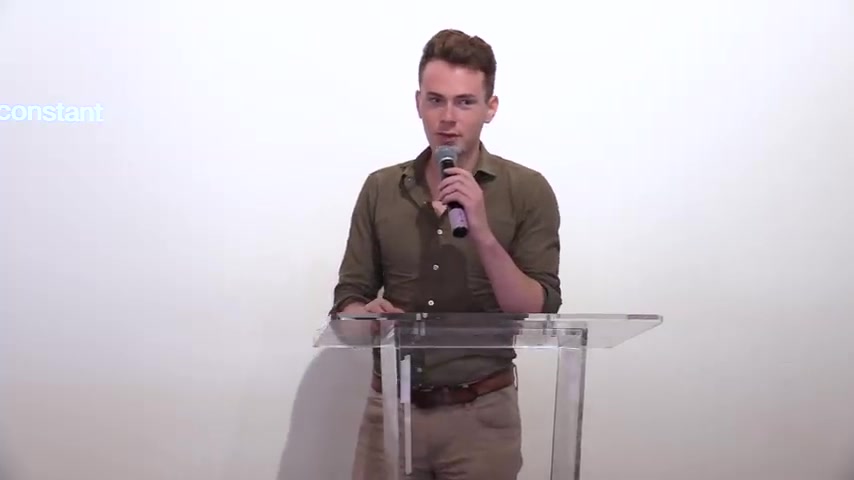
Yeah .
So the question was for people that leave kind of comfortable corporate positions , how they handle um the roller coaster of a startup .
Uh I think , yeah .
Yeah .
So occasionally , um you see founders who there's basically two reactions to this .
Um uh you know , if , if you leave your kind of great job at Google and you go join a startup roller coaster , one reaction is um a version effectively like , oh , I don't want to deal with that , just not focus on it .
Um Or I got very used to having , you know , taking an extra day off on the weekend .
Um And so I'm just not going to give that up .
Those companies sadly don't do well .
Um and I think those people aren't unhappy kind of in the process while they're doing it .
You know , startups are , ultimately , it's like you're playing on expert mode and it only makes sense if you're going to commit .
Um uh a lot of other people , I think most founders that we've worked with , you know , humans are resilient and So you kind of figure it out .
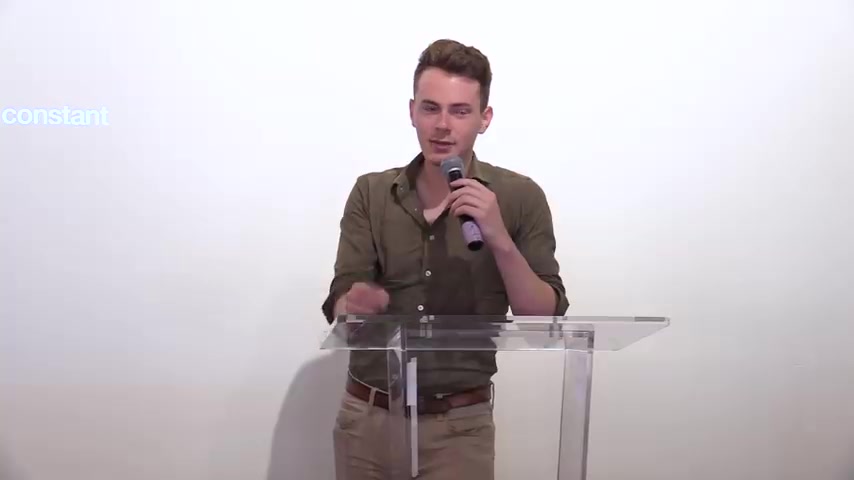
Um , I think , I think the , the real take on it is not whether the person got too comfortable .
Um , it's really like , are they innately interested in working on the problem they're working on ?
That's what I think is going on with a lot of those people is they leave like a Google to start a company because they feel like they should start a company as opposed to like really being interested in , in making something if that makes sense .
That , so that's the thing I would focus on because if you're really interested in something , of course , you'll spend all day thinking about it .
Sure .
Um If you're trying to minimize the amount of time you spend online because your business forces you to go on Facebook or Instagram or Twitter or whatever reason .
How do you recommend mitigating that problem or dealing with mental health effects of that ?
Um OK .
So the question is if your business um kind of demands of you to be online , how do you handle um not kind of kind of falling into the simple maximize or trap ?
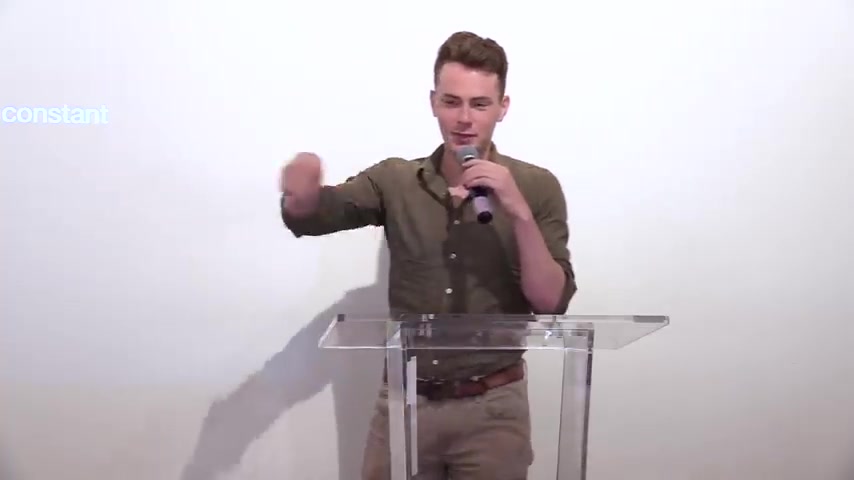
Um One very funny thing we used to do in my company uh is uh we all had uh our monitors facing each other if that makes sense .
Uh And so there was a kind of a circle .
Um And uh there's weird accountability that gets enforced when you do that .
Um Of course , no one is actually watching your monitor .
They're busy doing their own work , but in the back you have a little voice in your head that's saying maybe they are .
Um So that's a fun hack .
Um uh That , that I think works quite well , kind of team enforceability .
Um The I I think the , the the other solution to this is , is not really tackling that problem but really focusing on something else which is growing as quickly as possible .
And if you do like this will just be have to be a demon you slay in the process of growing as quickly as possible because you cannot grow if you're watching youtube .
Yeah , unless you're watching your own videos .
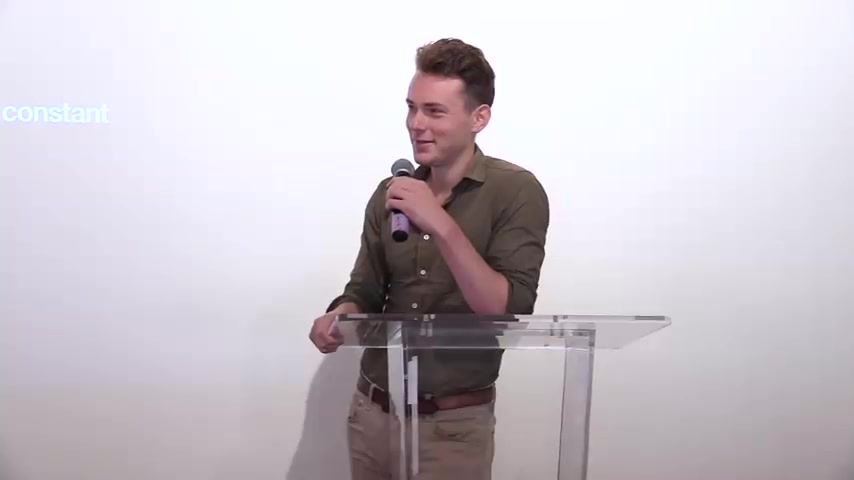
Yeah , I was wondering what's your uh personal mantra about uh startup life ?
Like , you know , Elon Musk says that launching a company is like , oh he had a friend that said eating chewing glass and staring into the abyss .
And my personal one is uh it's an involuntary vow of poverty that requires a like state of mind .
What's yours ?
Um OK .
So the question is , what's my mantra regarding startups ?
I don't know that I'm smart enough to have a mantra about it .
Um uh I I , but if probably if I were to have one , it would be something akin to .
It's kind of what I mentioned earlier .
It's like playing a video game on kind of expert mode where with the video game is really managing your own psychology and trying to build a product that works .
I do , I do think we shouldn't like , frame this as something that is , uh , painful .
I , I think like , I think there are a phenomenal amount of ops that go at the downs and for every Elon Musk quote where he's chewing glass and staring into the abyss , he also gets to see his roster in space .
That's pretty good .
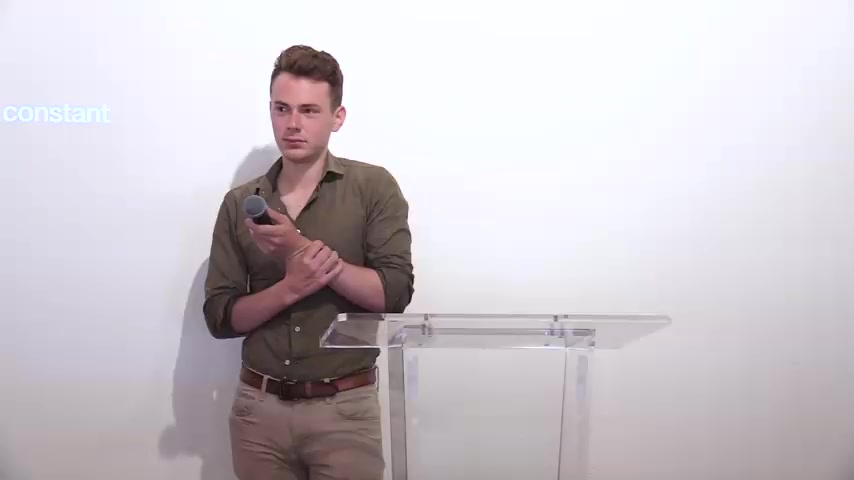
So , so , yeah , so I think it's just , I mean , you have to really enjoy building stuff .
Ultimately .
Yes .
Thank you very much , David .
This has been fantastic .
Um I really like how this sets up a system for self alliance and identifies related a lot .
Uh But I've also set up a system of mentorship and community to support myself .
Um Is there something you would talk to about how you found community or peers or something to support you as you've gone through and what's worked ?
What hasn't worked well ?
This is OK .
So the question is , um uh you know , strategies around building community uh and peers in order to kind of help yourself become better .
This is actually I think one of the main benefits of startup school and as surely one of the main benefits of Y C is that you get put in a peer group with other people .
And what happens is you very quickly figure out humans are fascinating .
They , they like consciously almost figure out where am I in the peer group who's next to me , who , who's kind of ahead of me in the leader board , who's beneath me .
Where do I stand ?
And how can I advance myself ?
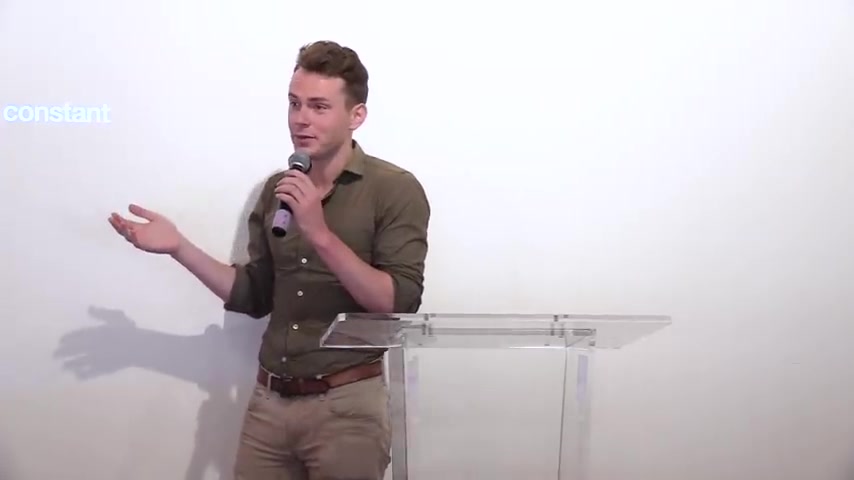
I think this is also one of the reasons why Ivy League campuses are so good .
It's not really the curriculum of the Ivy League .
It's the fact that you're suddenly surrounded by peers who are motivating you to be better .
Um So start up school is I think one very interesting way of scalability trying to give that to many people as possible on the internet because we know that with your , when you're kind of with relative peers , you're always trying to figure out how to improve yourself .
Um I , yeah , so doing startup school uh is one answer to your question um To , to me the largest value of Y F C is I was suddenly um challenged by the fact that , yeah , I thought other people in my batch were really darn good and I , and I kind of realized I could compete on the same playing field .
So I'd encourage you guys to apply to IC and also figure out other figure out other , I don't know if there are other like online communities where you can kind of have that same sense of , of competing on a leaderboard .
OK .
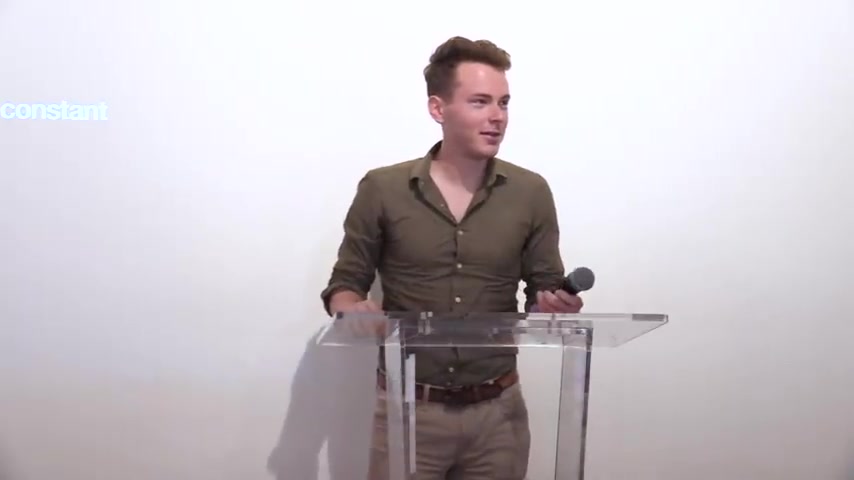
Uh All the way back going off that note when you're in an environment like this , it seems like everyone is really doing the exact opposite of what you just talked about , but it seems to put in some pretty good results .
How do you , that ?
So , the question is , um , how do I counter uh the proposed reality where people are doing the opposite of this presentation and achieving greatness ?
Um And , uh I guess I would question the premise .
Um I'm , I'm not sure I agree with you .
I'm pretty sure that any successful unicorn founder that you meet today um would kind of agree with what I said here , which is even if they were doing all this crap that I defined as a mistake , um They wish they hadn't .
So there's one interesting , really interesting view , which is , this is a necessary pain you have to go through , you wish you hadn't , but it was worthwhile .
I'm not sure I buy that .
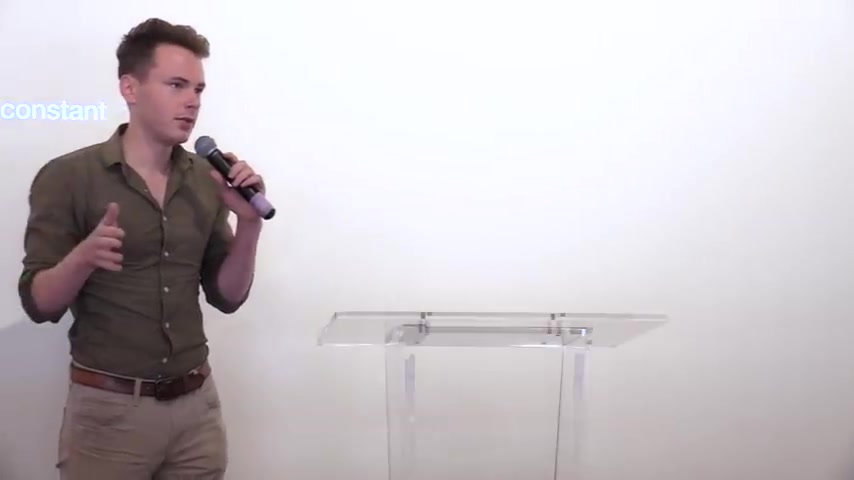
Like life doesn't have to suck .
Um And uh you don't have to make mistakes to be successful , please .
Daniel , I'm saying you're not boring , of course .
Uh Oh , it's good to know .
It is amazing .
So like , uh not for sure .
Uh I am , I was a founder that was working 121 140 hours a week uh for a so social network .
Uh And then , uh I realized the solution doesn't work .
I still have the mission .
What would you recommend doing what you're trying to think of the next solution , next product ?
Uh What would you recommend owners to do ?
It's like , should you still kind of like do the life or kind of like , do something else ?
So the question is , um what , what's kind of a good way of coming up with the next product idea or pivot ?
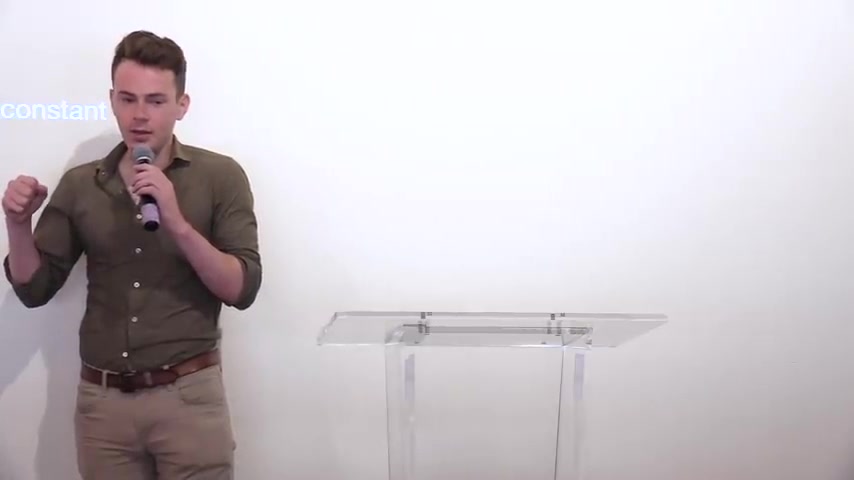
Um You also mentioned in your question that you were working on 11 thing I want to be clear uh to everyone here is I'm not proposing .
You don't work hard in order to win , you have to work hard .
I'm proposing .
You don't moronically work hard and like not sleep .
Um I , I , because because then you're just , well , you're gonna have to work much harder even to catch up .
Um But your question was how to come up with startup ideas .
Um OK , I think the um OK , so there's a lot of great content on this topic .
P G , Paul Graham has probably written the best of it .
I'm not going to be able to one up him .
Um But I think the a common mistake that comes to mind right now in terms of mistakes people make when they try to come up with startup ideas is they're very focused on trying to come up with an idea in a very limited amount of time .
And it's not clear to me that stuff works in a pressure cooker .
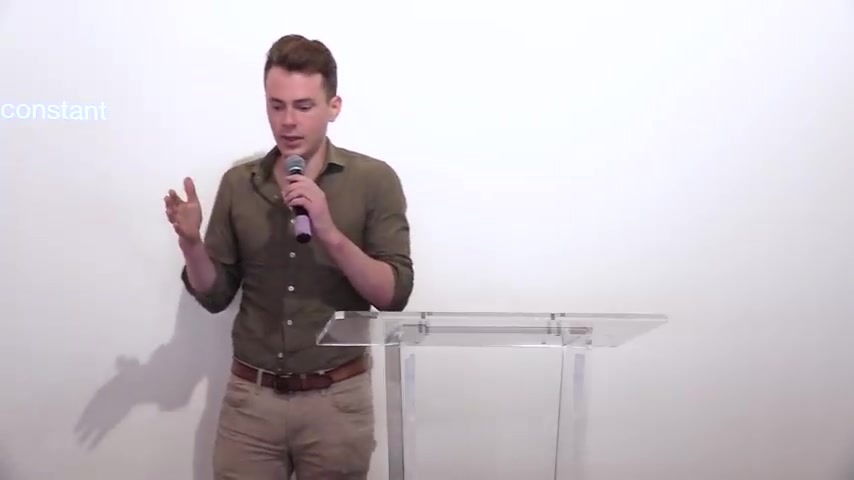
Um I think to me , I've had my best ideas when I haven't had um any , um any kind of , you know , immediate goal have to come up with an idea and , and they just start kind of coming to you .
Um , and I have a Google doc of maybe 1000 different ideas of which I'll build probably none .
Um , but I think the point is it's much easier to think of this when you're not necessarily in a pressure cooker .
And I'd really question the fact of like , maybe you don't need a startup idea .
I think the most common , one of , one of a very common mistake I see in a lot of Y C applicants is they're obsessed with , um , starting a startup , which is actually not what you want to do .
Um , my greatest hope when I have an idea today is that someone else will build it .
I have no interest in going through the whole startup thing .
Um So if you don't have any great ideas , just that's not a problem .
That's not a bug or a flaw .
Yes .
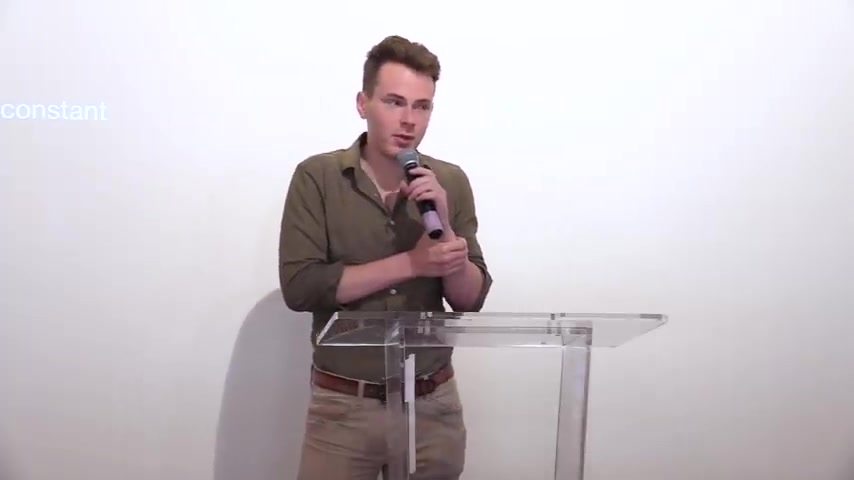
How do you , how do you ?
OK .
So the question is , how do I get out of the pressure cooker ?
And how do I manage ?
Risk two different questions ?
I think if I understand the second one properly , um I think the best way to get out of the pressure cooker is I would just take a day a week , Saturday and just like I mentioned , not work , um , physically , like , go north of , if you live in San Francisco , go north of it and walk in the woods for a while .
That's great .
Um And I don't think you need that much more than that .
Um How do I think about managing risk ?
That's like a very big question .
Um Boy , I think a lot of it depends on .
Well , I think the a very common mistake , maybe this will be somewhat novel or interesting , a common mistake people make when managing risk is , you know , they , they pattern match type one and type two decisions improperly .
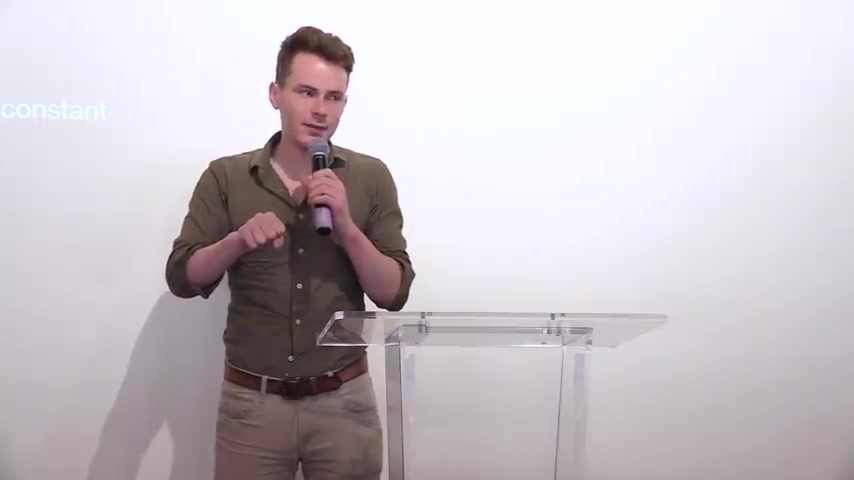
That is to say , uh this is the Jeff Bezos framework of , you know , you got your type one decisions where the cost of downside is catastrophic , type two decisions where , you know , ultimately , if you make the mistake , nothing bad happens .
And I think a very common flaw is , you think things are , um type one when they're in fact , type two .
Uh and , and more often than not the , the right call is to just go for it , whatever the risky path is .
Um uh Because the downside scenario you're imagining is a little bit too creative probably .
Um So I , I've definitely found when I've taken the riskier approach , I definitely have , have been rewarded by life and I'll probably continue seeing that until suddenly I'll just die because I , you know , decided to jump out of an airplane .
That was a bad idea .
Um But , um , so that maybe there's a survivorship bias problem , but , um , more often than not the riskier path is the right one , one more question Sure , sorry .
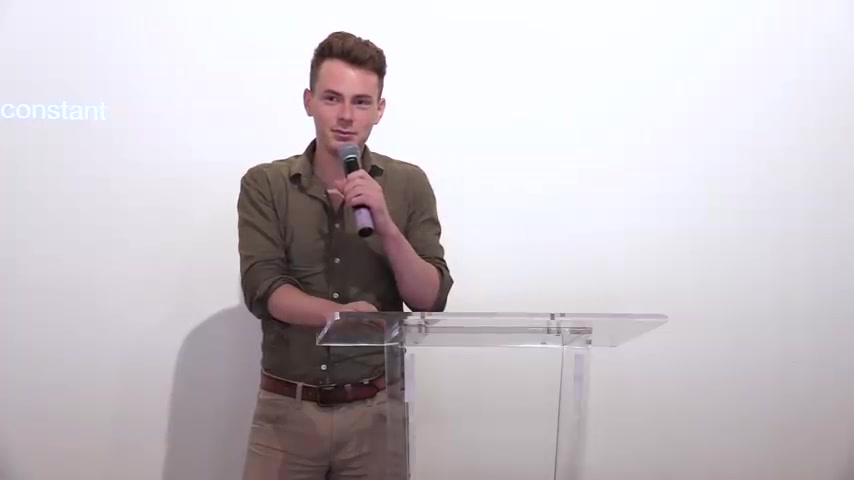
Uh Let's say you're on board with all this , but the problem is that sure .
Yeah .
So the question is , um how to get your co-founders on board for doing the stuff ?
And again , I should re embellish doing this stuff .
It doesn't mean chilling .
Um It means like um not dying while you're building your company .
Um So I think a lot of it is the framing .
Um And I think if you , if , if you're not careful with the framing , it comes across as let's , let's bring the perks of Google uh into our startup life , which is a recipe for disaster .
Um It's hard .
This is a weird piece of advice because like I mentioned three or four times , a lot of people refuse to um or , or are just unable to accept it and they need to like fail and fall on their face before they retrain the model .
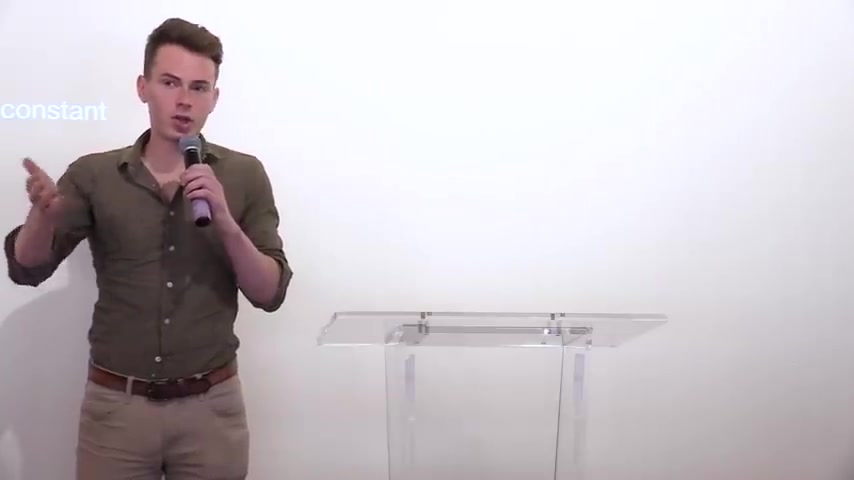
Um in general though , I think this is a very interesting question what to do in situations where you disagree with your co-founders , especially if there's no tiebreaker .
Um Super common problem .
Like another founder , product decisions .
What do you do when you disagree ?
Um One useful hack .
I did for a while with my co-founder because we're , we're great friends , best friends , in fact , but we used to have these bitter product disagreements is uh you can just cycle through different months where people have responsibility on a particular area .
And so you could say , look for the next six months you're running product .
I may not agree with you .
You get to run product and then six months afterwards we'll check in , maybe we'll swap over .
Um , but just really defining time constrained areas where , where a person gets ultimate ownership is one I think , underrated solution to the like co-founder disagreement problem .
So hopefully that's somewhat useful .
All right .
Thank you all for listening .
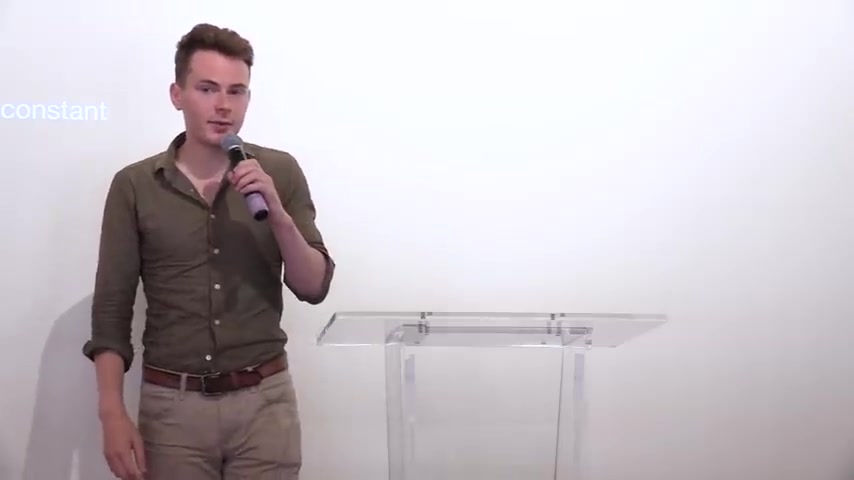
Um Sorry , we started late and um I'll be around here if you guys have any questions I can help answer .
Are you looking for a way to reach a wider audience and get more views on your videos?
Our innovative video to text transcribing service can help you do just that.
We provide accurate transcriptions of your videos along with visual content that will help you attract new viewers and keep them engaged. Plus, our data analytics and ad campaign tools can help you monetize your content and maximize your revenue.
Let's partner up and take your video content to the next level!
Contact us today to learn more.